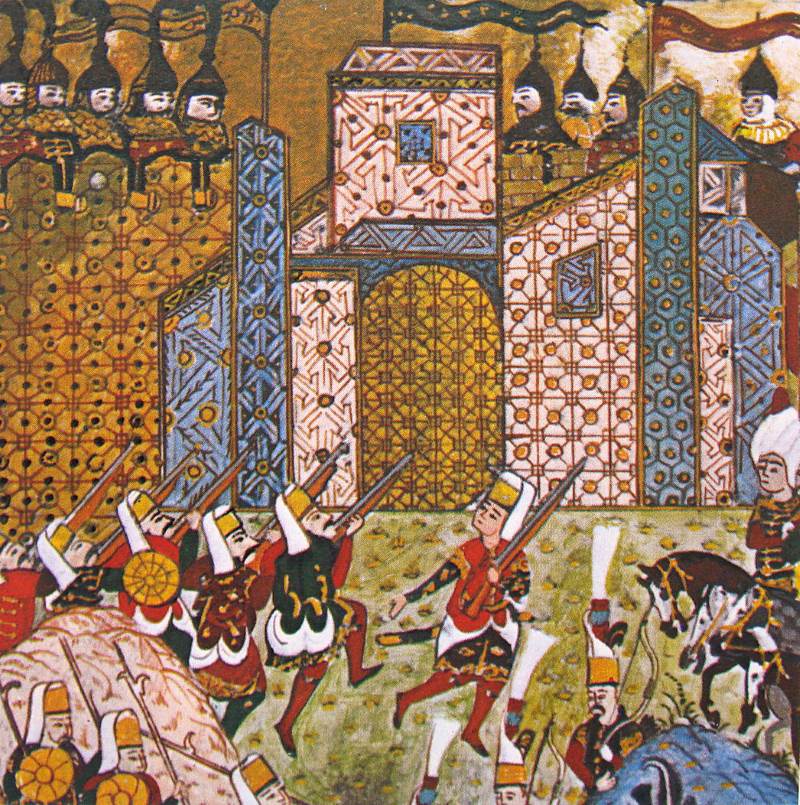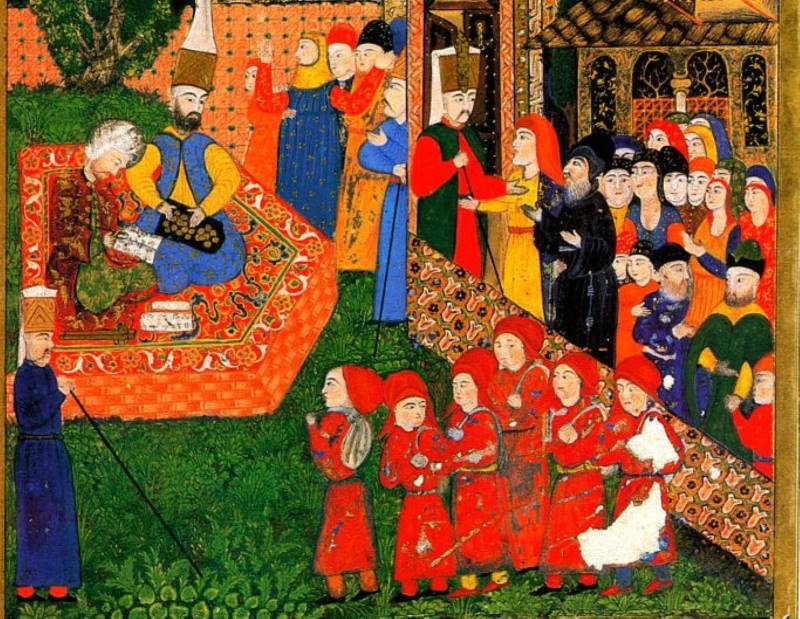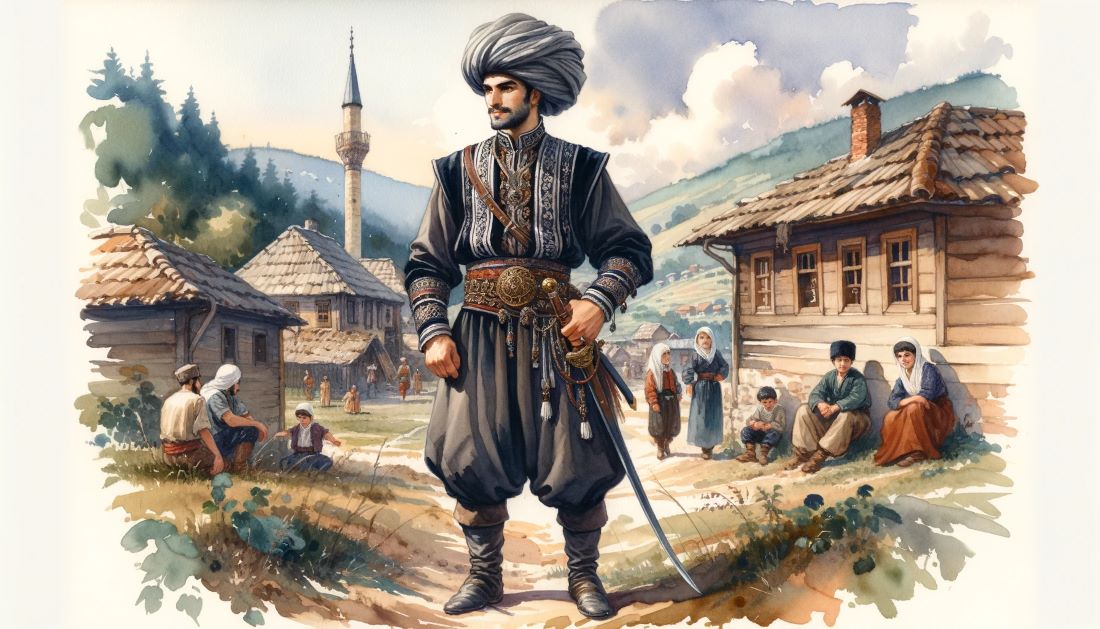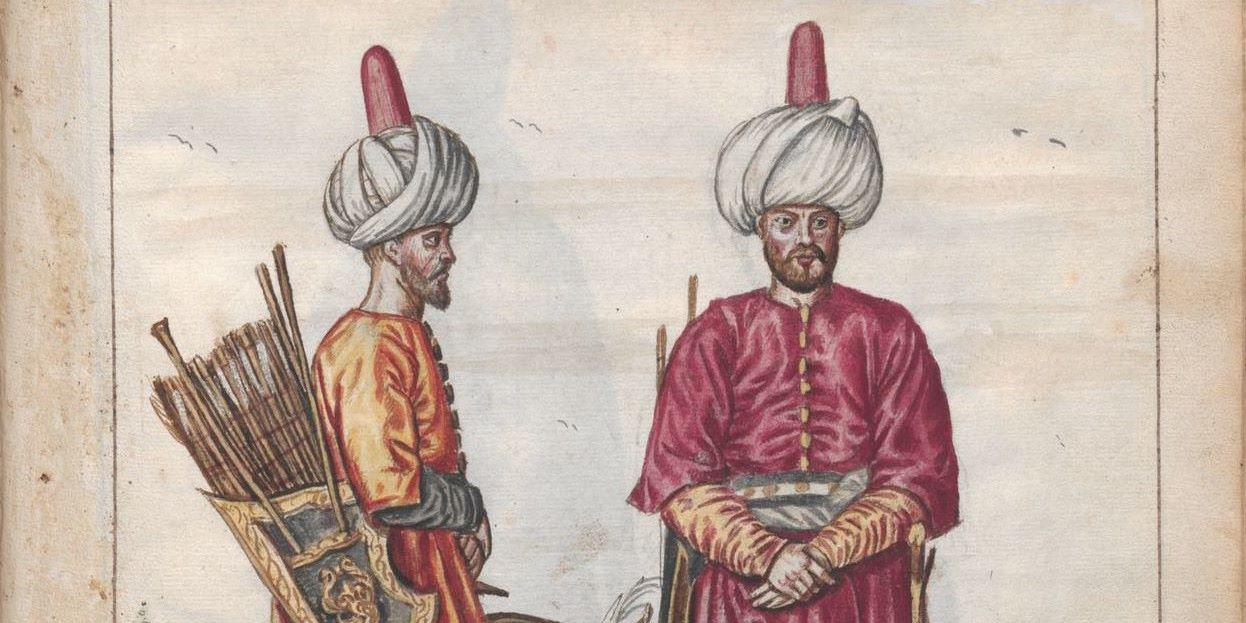The Janissaries were an elite military unit of the Ottoman Empire, established in the 14th century. Recruited primarily from the Christian population through the “devşirme” system, these children were taken as a form of blood tax and converted to Islam. Trained from youth to serve the sultan, they became one of the most effective and feared military forces of their time. However, their role and influence extended beyond the battlefield, as they eventually garnered significant political power within the Empire.
The Janissaries: Elite Warriors of the Ottoman Empire
Although the exact date of the establishment of the Janissary corps remains uncertain, it is widely accepted to have occurred during the early reign of Sultan Murat I (1362—1389). Historians commonly pinpoint the year 1363 as the founding date, a claim that is supported by early Ottoman sources and stories about the Janissaries themselves. Initially, this elite force numbered around 1,000 men.

Throughout the centuries, the Janissaries played pivotal roles in numerous battles, acting as the backbone of the Ottoman military conquests. Their influence expanded as the Ottoman Empire grew, and at the height of their power, they numbered in the tens of thousands. They participated in significant battles such as the Siege of Constantinople in 1453 and the Battle of Mohács in 1526. The Janissaries remained a dominant force until their dissolution in 1826 by Sultan Mahmud II in the event famously known as the “Auspicious Incident”.
The Making of a Janissary: A Double-Edged Legacy
The recruitment process for the Janissaries was unlike any other in the medieval world. Ottoman sources often paint a picture of young Christian boys, primarily from impoverished households, being given an unparalleled opportunity to rise within the society. These boys were said to be bestowed with a top-tier education, training, and an avenue to secure influential positions within the vast empire. For many, this narrative showcased the empire’s magnanimity and inclusiveness.

However, the more somber reality lay in the practice of “devşirme” or “blood tax”. This system involved the forceful conscription of Christian boys, where they were taken away from their families, converted to Islam, and immersed in the Ottoman military and bureaucratic system. This “recruitment”, if it can be called that, was far from voluntary. Heart-wrenching scenes of mothers clutching onto their sons, villages plunged into grief, and children being torn from familiar surroundings dotted this historical period. The trauma and long-lasting effects of such a system are often overshadowed by the tales of Janissaries’ success.

Historian Orhan Sakin sheds light on the composition of the Janissaries in his book, “History of the Janissary Corps and its Codices”. He mentions, “Among them, there were neither Turks nor Arabs; all were Christian children. That is Byzantines, Serbs, Arnauts, Bulgarians, Vlachs, and Huns (Hungarians). Having changed their faith to savor earthly pleasures, they harbored an intense and mortal enmity towards their own kind, akin to pigs indulging in abundant vegetables or rabid dogs.”
In Epirus, a traditional folk song expressed this resentment by cursing the Sultan and admonishing against the kidnapping of boys:
Be damned, O Emperor, be thrice damned
For the evil you have done and the evil you do.
You catch and shackle the old and the archpriests
In order to take the children as Janissaries.
Their parents weep and their sisters and brothers too And I cry until it pains me;
As long as I live I shall cry,
For last year it was my son and this year my brother.
— Anonymous song protesting the collecting of young boys to be made slaves of the Ottoman Empire.
This dual narrative, of opportunities on one side and forced conscription on the other, underscores the Janissaries’ complex legacy in the annals of history. It is a testament to the empire’s ambitions, its methods to ensure loyalty and the personal sacrifices made by countless individuals in the shadows of greatness.
Historical Challenge: Can You Conquer the Past?
Answer more than 18 questions correctly, and you will win a copy of History Chronicles Magazine Vol 1! Take our interactive history quiz now and put your knowledge to the test!

